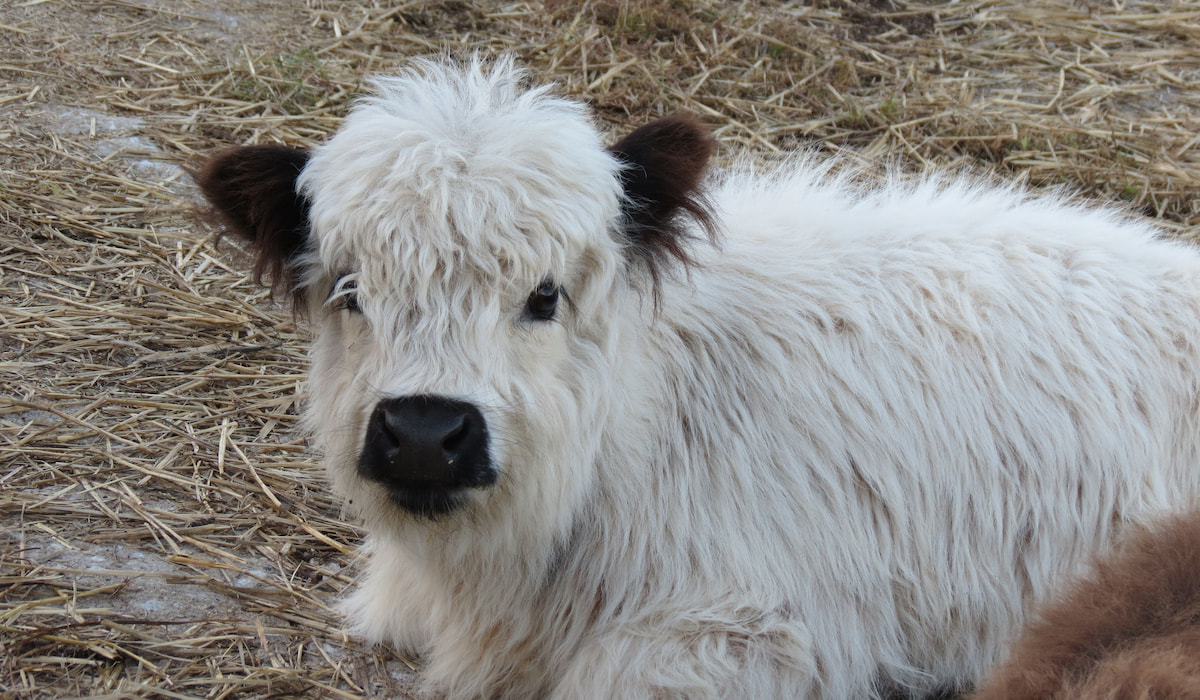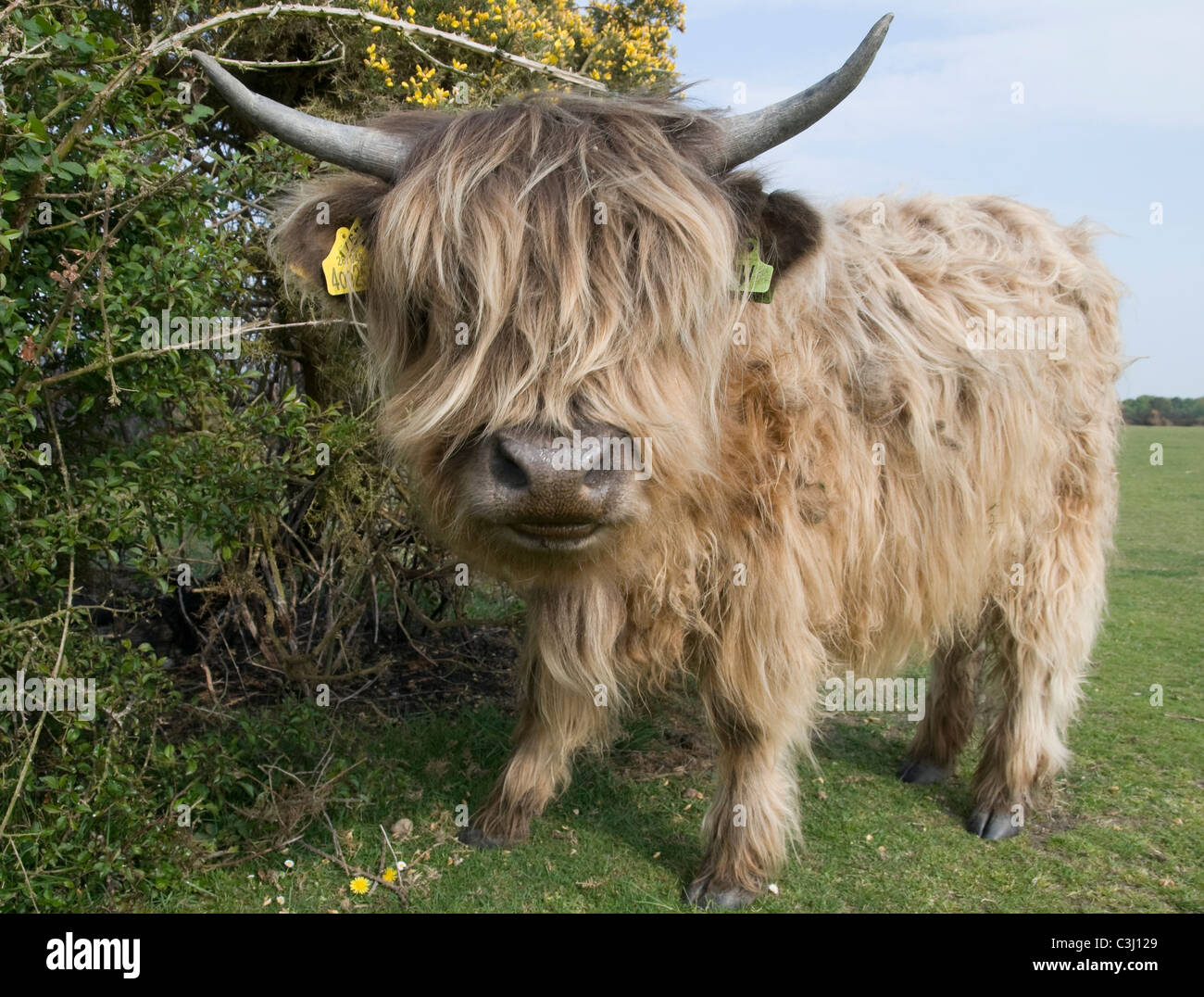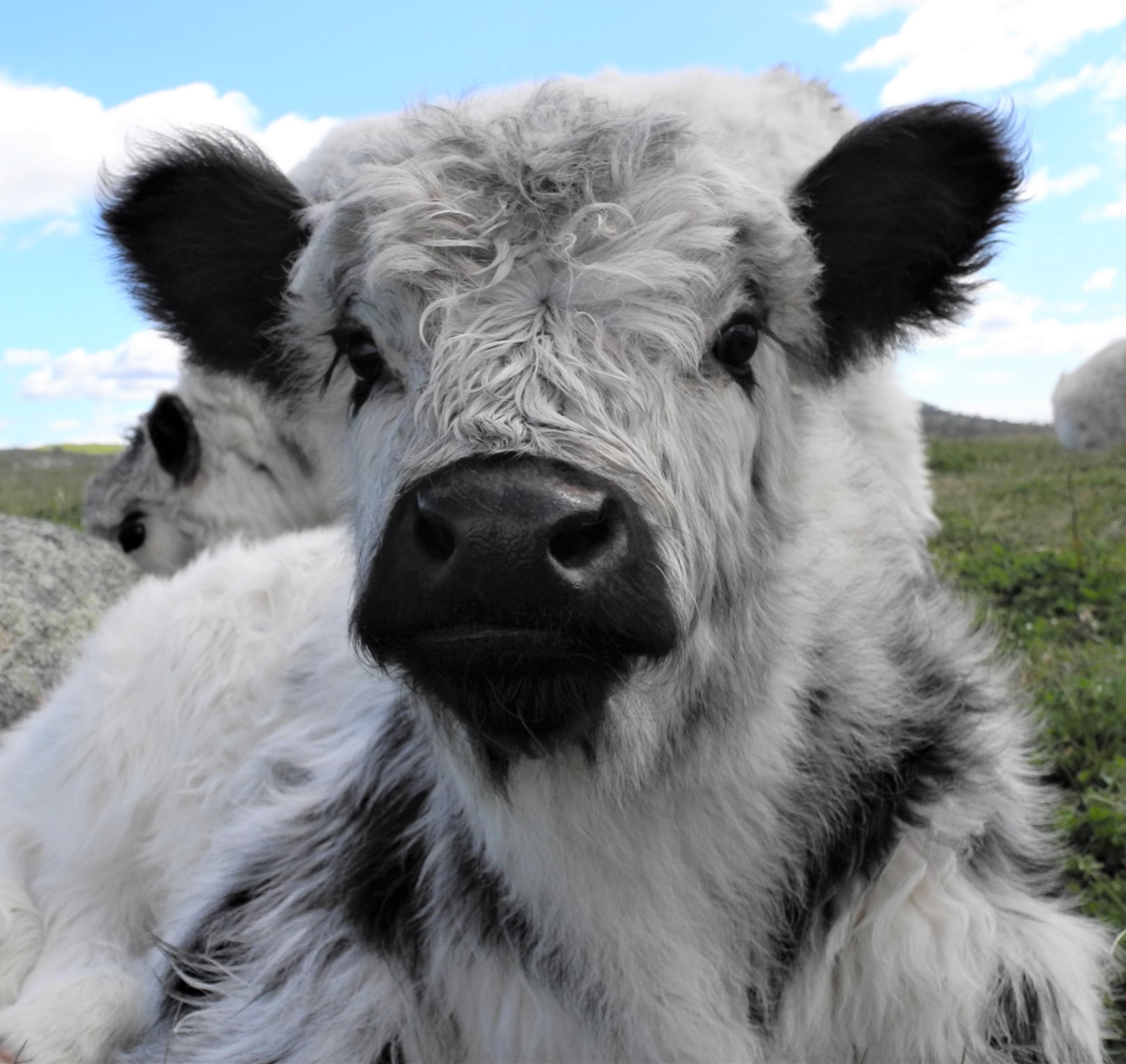So, you're thinking about getting a miniature cow, huh? Ever wondered how much for a miniature cow? Well, let me break it down for ya. These pint-sized bovines are not just cute; they're also practical and surprisingly affordable compared to their full-sized cousins. Whether you're a small farmer, a homesteader, or someone who simply loves animals, miniature cows can be a great addition to your life. So, let's dive into the world of these tiny moo-machines and figure out if they're worth the investment!
Now, before we get into the nitty-gritty of pricing, it's important to understand why miniature cows are gaining so much traction. They're not just a novelty; they're a legit option for folks looking to have livestock on a smaller scale. Plus, they're super cute and way easier to manage than regular cows. But hey, let's not sugarcoat it—owning any animal comes with responsibilities, so we'll cover all the costs, benefits, and even some fun facts to help you make an informed decision.
By the time you finish reading this, you'll know exactly how much for a miniature cow, what you're getting into, and whether it's the right choice for you. So, grab a cup of coffee, sit back, and let's chat about these adorable little beasts!
Read also:Padres Outfielders Surprising Stay The Untold Story You Need To Know
Table of Contents:
- Introduction to Miniature Cows
- Types of Miniature Cows
- How Much for a Miniature Cow?
- Benefits of Owning a Miniature Cow
- Maintenance Costs
- Breeding and Reproduction
- Health Considerations
- Miniature Cows for Farming
- Miniature Cows as Pets
- Market Trends
- Conclusion
Introduction to Miniature Cows
Miniature cows, also known as "mini cows," are basically smaller versions of regular cows. They're bred to be compact in size but still pack all the charm and utility of their larger counterparts. These cows are typically about 42 inches tall or less at the shoulder, making them perfect for small farms, backyard homesteads, or even as pets. But here's the kicker—they're not just cute; they serve a purpose.
Whether you're looking to produce milk, raise them for meat, or simply enjoy their companionship, miniature cows are versatile and easy to manage. Plus, they consume less feed and take up less space, which is a huge plus for anyone with limited resources. So, if you're wondering how much for a miniature cow, it's not just about the price tag—it's about the value they bring to your life.
Types of Miniature Cows
There are several breeds of miniature cows, each with its own unique characteristics. Here are some of the most popular ones:
- Miniature Jersey: Known for their high milk production and friendly temperament.
- Miniature Hereford: Hardy and adaptable, great for both meat and milk.
- Miniature Zebu: Originating from India, these cows are heat-tolerant and have a distinctive hump.
- Lowline Angus: Developed in Australia, they're perfect for small-scale beef production.
Choosing the right breed depends on your goals. If you're looking for milk, go with Jerseys. If you're more into meat, Herefords or Lowline Angus might be your best bet. And if you're just looking for a fun pet, Zebus are super cool and unique!
Why Breed Matters
The breed you choose will affect the cost, so it's worth doing your research. Some breeds are rarer and therefore more expensive, while others are more common and affordable. For instance, a Miniature Zebu might cost you more than a Miniature Jersey because of its unique traits and limited availability.
Read also:Kyle Dimeola Net Worth The Untold Story Of A Rising Star
How Much for a Miniature Cow?
Alright, here's the big question—how much for a miniature cow? On average, you can expect to pay anywhere from $500 to $5,000 for a miniature cow. The price varies based on factors like breed, age, gender, and whether the cow is registered. Registered cows tend to be more expensive because they come with a pedigree and are often used for breeding purposes.
Here's a rough breakdown:
- Unregistered Cow: $500 to $1,500
- Registered Cow: $2,000 to $5,000
- Rare Breeds: $3,000 to $5,000+
Keep in mind that this is just the initial cost. There are ongoing expenses to consider, like feed, vet bills, and housing. But don't worry—we'll get into all that later!
Factors Affecting Price
Several factors influence the cost of a miniature cow:
- Breed: As mentioned earlier, some breeds are rarer and more expensive.
- Age: Younger cows are typically more expensive because they have a longer lifespan and potential for breeding.
- Gender: Bulls and heifers (young females) are usually pricier than cows.
- Registration: Registered cows come with a pedigree and are often used for breeding.
It's important to weigh these factors when deciding how much for a miniature cow is worth to you. After all, it's an investment, and you want to make sure you're getting your money's worth.
Benefits of Owning a Miniature Cow
Now that we've talked about the cost, let's talk about the benefits. Miniature cows are more than just cute—they're practical and rewarding in many ways. Here are some of the top benefits:
- Space-Saving: They require less land and are perfect for small farms or backyard setups.
- Lower Feed Costs: Miniature cows eat less than full-sized cows, which translates to lower feed expenses.
- Higher Milk Production: Some breeds, like Miniature Jerseys, produce high-quality milk despite their small size.
- Great for Families: They're gentle and easy to handle, making them ideal for families with kids.
And let's not forget the emotional benefits. Owning a miniature cow can be incredibly fulfilling, especially if you're someone who loves animals. Plus, they're just so dang cute!
Maintenance Costs
Now, let's talk about the ongoing costs of owning a miniature cow. While the initial price tag might seem reasonable, it's important to consider the long-term expenses. Here's a breakdown:
- Feed: Miniature cows require less feed than regular cows, but it still adds up over time. Expect to spend around $50 to $100 per month on feed.
- Veterinary Care: Regular check-ups and vaccinations are essential. Plan to spend around $200 to $500 per year on vet bills.
- Housing: You'll need a sturdy shelter to protect your cow from the elements. Depending on the setup, this can cost anywhere from $500 to $2,000.
- Supplies: Things like grooming tools, milking equipment, and bedding can add up. Budget around $100 to $300 per year for supplies.
While these costs might seem steep, they're actually quite manageable compared to the expenses of owning a full-sized cow. Plus, if you're raising the cow for milk or meat, you can offset some of these costs by selling the products.
How to Save on Maintenance Costs
There are a few ways to reduce maintenance costs:
- Grow Your Own Feed: If you have the space, consider growing your own hay or pasture. This can significantly cut down on feed expenses.
- Group Discounts: Joining a local farming group might give you access to bulk discounts on supplies.
- DIY Solutions: Building your own shelter or milking station can save you a ton of money.
With a little creativity and resourcefulness, you can keep your maintenance costs in check.
Breeding and Reproduction
If you're thinking about breeding your miniature cow, there are a few things to consider. First, make sure you have the right setup. Breeding requires a lot of planning and resources, so it's not something you should jump into lightly.
Here's what you need to know:
- Timing: Miniature cows can start breeding around 18 to 24 months of age, depending on the breed.
- Health Checks: Both the bull and the cow should be in excellent health before breeding.
- Space Requirements: You'll need enough space for the cow, the bull, and eventually the calf.
- Financial Considerations: Breeding can be profitable, but it also comes with additional costs for things like stud fees and calf care.
If you're serious about breeding, it's worth consulting with a veterinarian or an experienced breeder to make sure you're prepared for the challenges and rewards.
Profit Potential from Breeding
Breeding miniature cows can be lucrative, especially if you're working with rare or high-demand breeds. Selling calves can generate significant income, but it's important to balance profitability with ethical considerations. Always prioritize the health and well-being of your animals.
Health Considerations
Just like any other animal, miniature cows require proper care to stay healthy. Here are some key health considerations:
- Vaccinations: Regular vaccinations are crucial to prevent diseases like rabies and leptospirosis.
- Deworming: Parasites can be a big problem, so make sure to deworm your cow regularly.
- Diet: A balanced diet is essential for maintaining good health. Work with a veterinarian or livestock nutritionist to create a feeding plan.
- Exercise: Miniature cows need regular exercise to stay fit and healthy. Make sure they have enough space to roam and graze.
By staying on top of these health considerations, you can ensure your cow lives a long and happy life.
Signs of Illness
It's important to be able to recognize the signs of illness in your cow. Some common symptoms include:
- Loss of appetite
- Changes in behavior
- Swollen or inflamed areas
- Difficulty breathing
If you notice any of these signs, contact a veterinarian immediately. Early intervention can make a huge difference in the outcome.
Miniature Cows for Farming
For farmers, miniature cows offer a unique opportunity to maximize productivity on a smaller scale. They're perfect for small farms or homesteads where space is limited. Plus, their smaller size makes them easier to manage, which is a big plus for anyone who's new to farming.
Here are some ways miniature cows can benefit your farm:
- Milk Production: Some breeds produce high-quality milk, which can be sold or used for personal consumption.
- Meat Production: Miniature cows are also great for meat, offering a more manageable size for processing.
- Fertilizer: Cow manure is a fantastic natural fertilizer that can improve soil health.
Whether you're looking to diversify your farm or simply add a new element to your operation, miniature cows are a great choice.
Challenges of Farming with Miniature Cows


